Advancing the Glasgow Dialogue on funding to address Loss and Damage
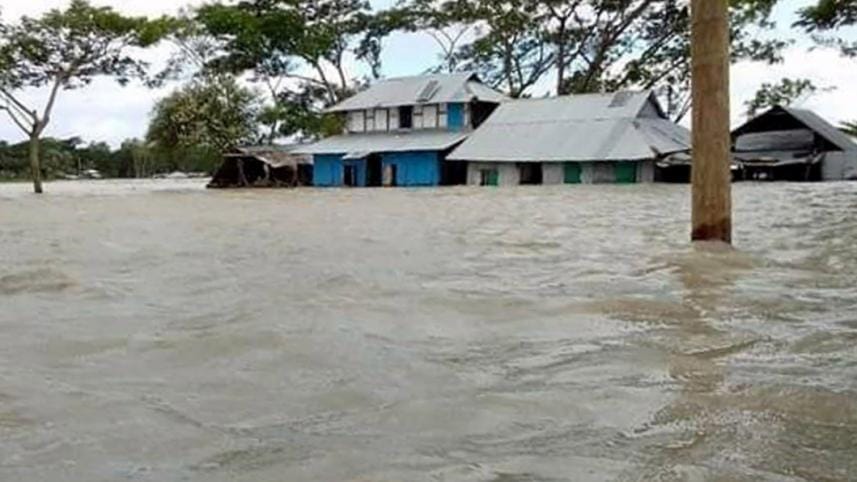
One of the outcomes of the COP26 held in United Kingdom's Glasgow in November, 2021 was a decision to hold a series of three annual Glasgow Dialogues on funding to address Loss and Damage, with each dialogue to be held in Bonn at the annual pre-COP event.
I just attended the second annual Glasgow Dialogue, which was held over the course of three days. Since I had the opportunity to also attend the first Glasgow Dialogue in Bonn last year, I can say that this year's dialogue was much more fruitful as the decision taken at COP27 in Egypt to set up a funding arrangement to address losses and damages with a Transitional Committee was set up to take the decision forward.
While the first Glasgow Dialogue held last year felt like an orphan with no ownership, this year the Transitional Committee owned the dialogue. As such the discussions were much more concrete under the leadership of the committee's co-chairs.
However, having said that, it still felt like we missed the opportunity to get into more substantive discussions about the complex issues that need to be resolved by the Transitional Committee before going to COP28 in Dubai this December.
Three separate sessions were held over three days, of which only the second day was in breakout groups which allowed inputs from non-governmental organisations, experts and others. On the other hand, the first and last days were one long series of prepared statements from groups of countries as well as individual nations, which felt more like a monologue rather than a dialogue.
I hope that the third and final Glasgow Dialogue next year is better organised to enable a real dialogue on the many substantive issues that need to be resolved.
I will attempt to highlight some of the substantive issues that were discussed:
The first issue causing differences of views amongst the parties was whether to focus on creating a new and separate fund for addressing loss and damage under the United Nations Framework Convention on Climate Change (UNFCCC) or to simply acknowledge the ecosystem of different funds that already exist and bring them together into a "mosaic" of connected funds.
The debate is between creating a "fund" or simply acknowledging "funding arrangements," with developing countries in favour of creating a new fund and most developed countries favouring existing funding arrangements.
While there are justifications for both arguments, in my view, it need not be an either-or situation as we could create a specific new fund under UNFCCC which would then act in synergy with other existing funding arrangements. There are already some very specific aspects of losses and damages owing to the adverse impacts of human-induced climate change that are not being addressed by any existing funding arrangements.
One such issue is the forced displacement of millions of people, soon to be tens of millions, from low lying coastal zones and islands as well as from places like the horn of Africa. Just to cite one example, every day it is estimated that over 2000 migrants arrive in Dhaka mostly from the low-lying coastal districts with increasing numbers being displaced due to salinity intrusion into agricultural land. The number of climate displaced people will only increase and there are no systems in place to take care of them. Hence, helping these migrants should be the mandate and responsibility of a new Loss and Damage fund under UNFCCC.
Another major issue being discussed is how to raise additional funds needed for the new Loss and Damage Fund without cannibalising existing adaptation funds. There are a number of proposals for raising funds for loss and damage from innovative sources such as levies on maritime and air travel as well as taxing the profits of fossil fuel companies.
Let me end by sharing the proposal I made in my submission to the Glasgow Dialogue – I proposed that the incoming presidency of COP28 declare their intention to create the Dubai Loss and Damage Fund at COP28 and to put a solidarity levy of $5 on all air passengers arriving in Dubai during COP28 and put the money into the Dubai Loss and Damage Fund. They could make the announcement now with six months left to challenge the Transitional Committee to come up with a plan to make the new fund operational.
Dr Saleemul Huq is director of the International Centre for Climate Change and Development (ICCCAD) and professor at Independent University, Bangladesh (IUB).




 For all latest news, follow The Daily Star's Google News channel.
For all latest news, follow The Daily Star's Google News channel. 

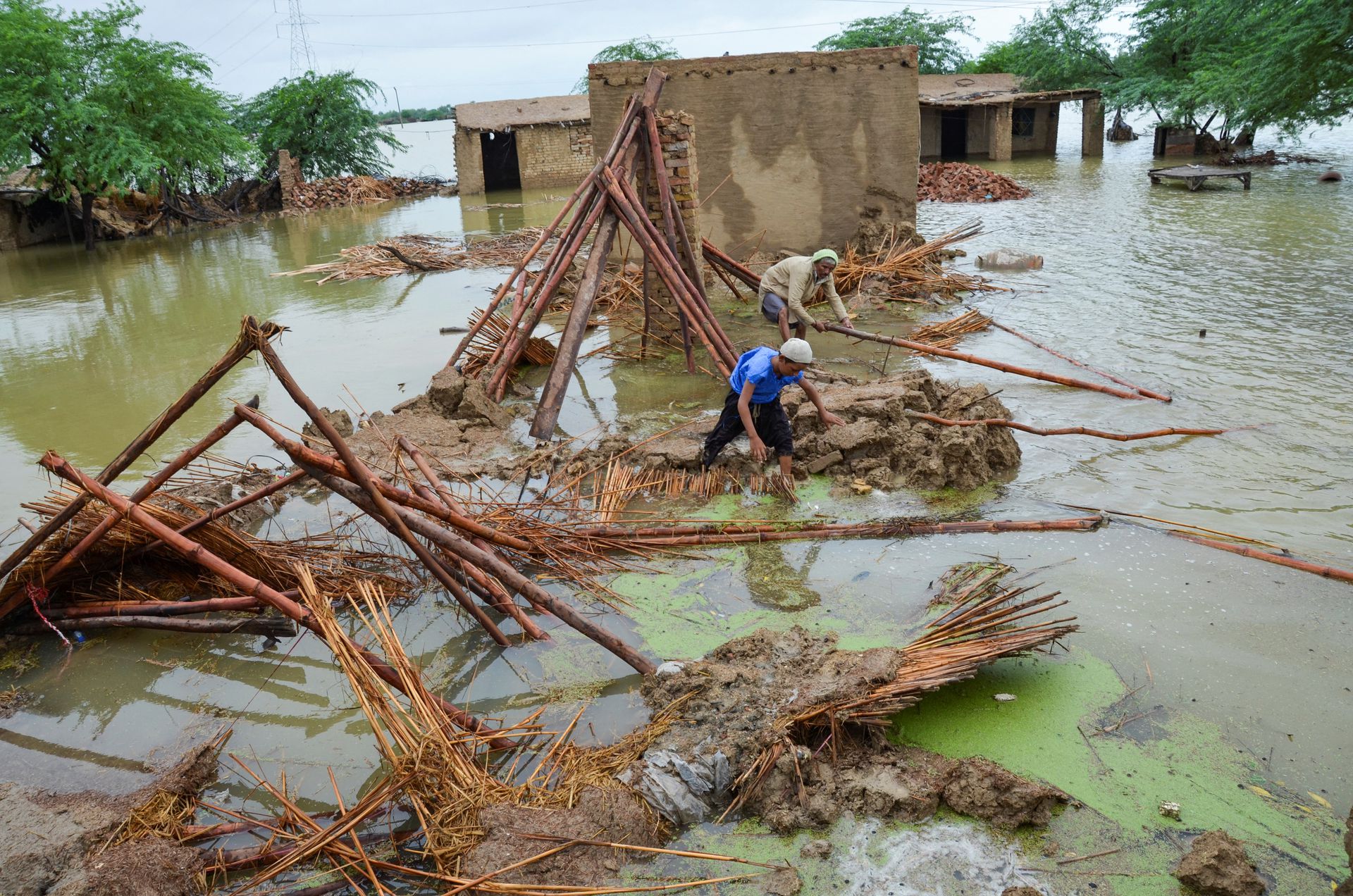
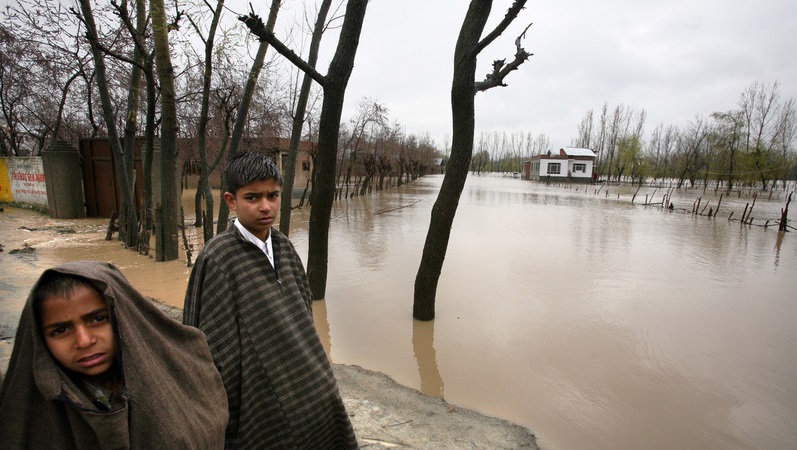
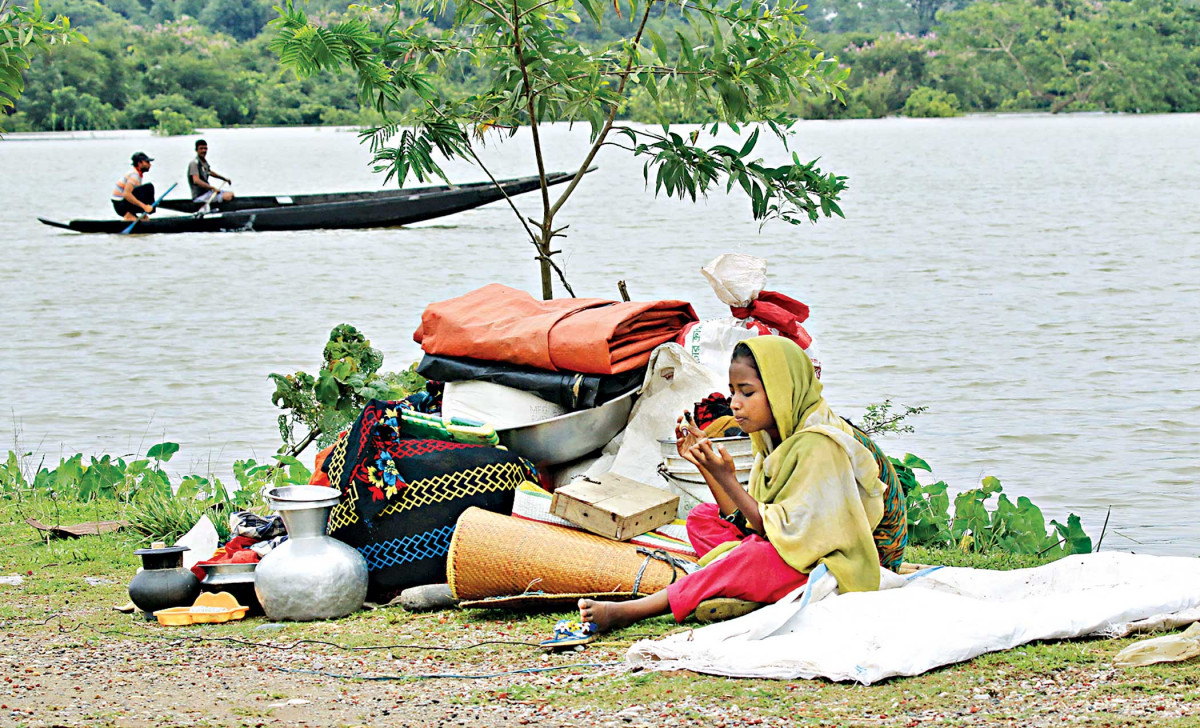

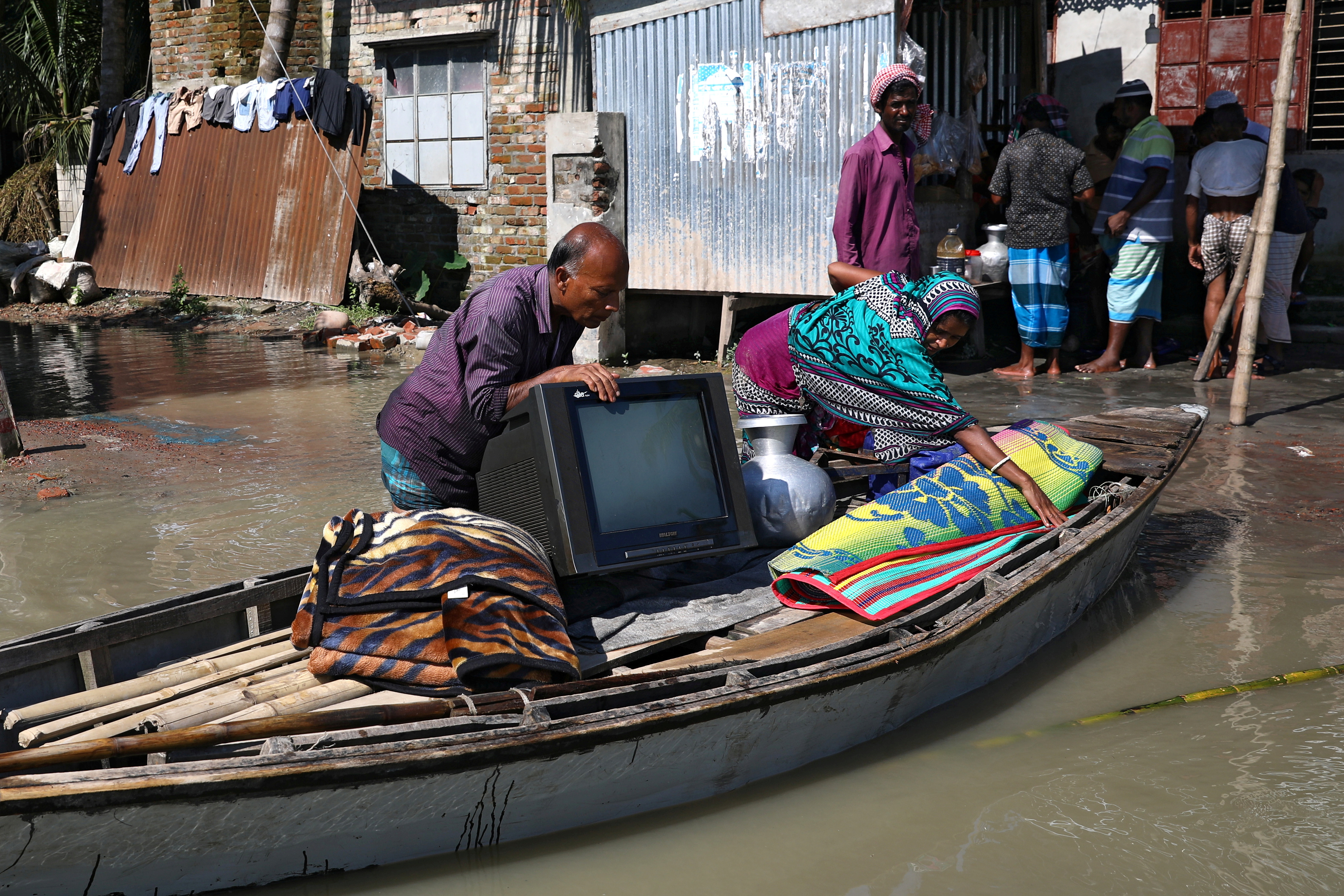
Comments